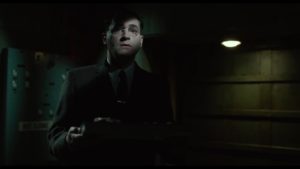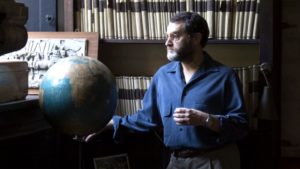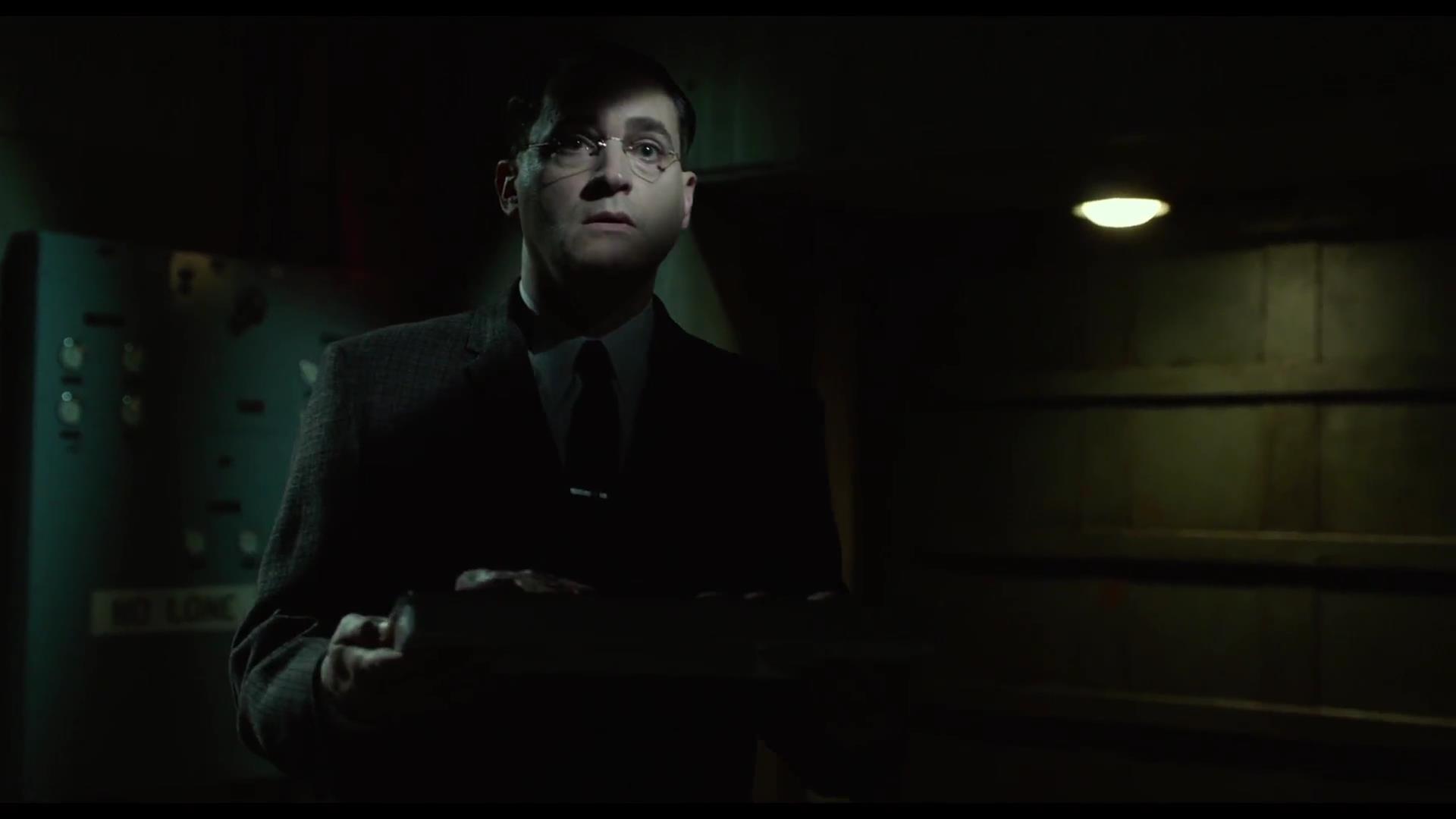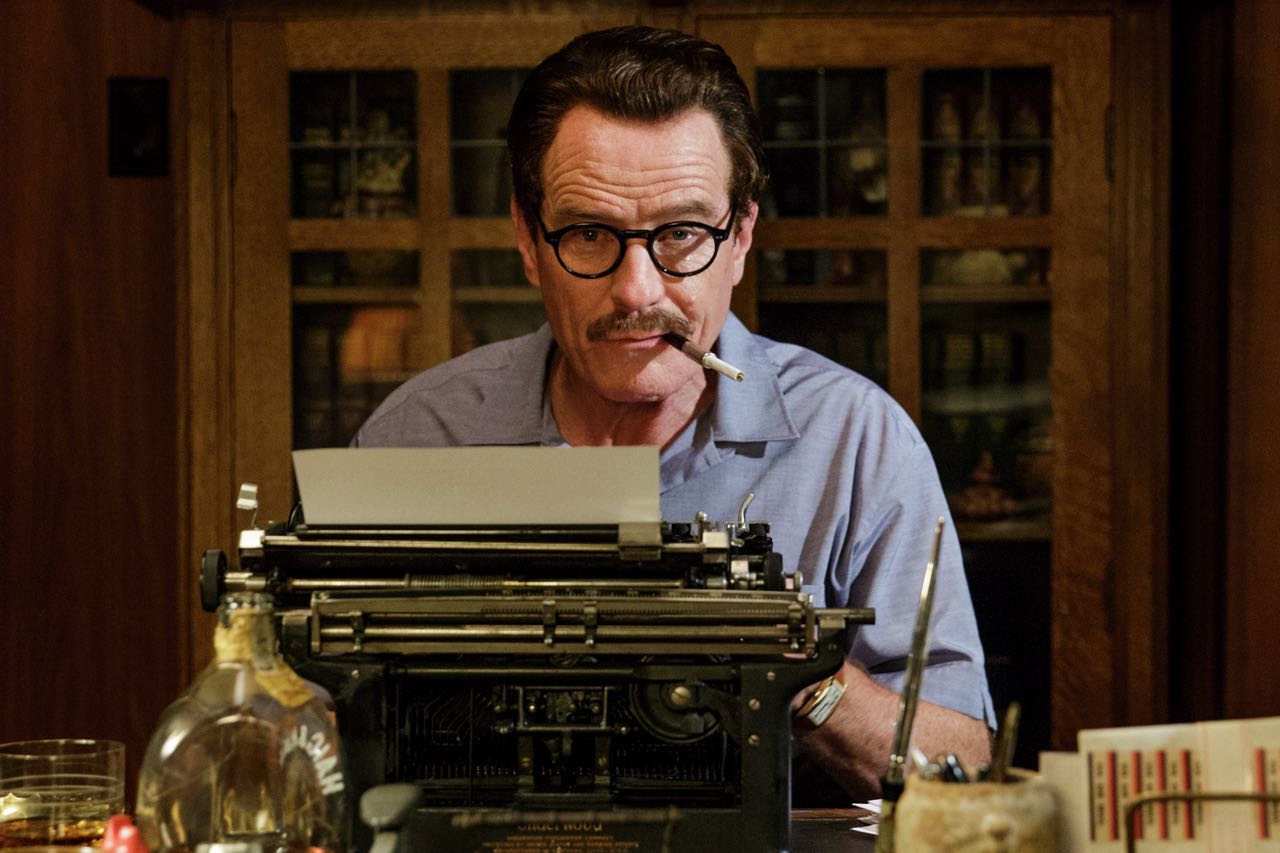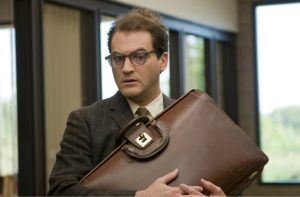
Michael Stuhlbarg stars in the Coen brothers’ “A Serious Man,” as a professor in 1960’s Minneapolis who struggles with professional and family problems.
NM: You conveyed so much in your body language when you get hugged by the Sy character. How did you create that physicality?
MS: You know what? It just happens. It just naturally happened that way. We did it once and everyone laughed and it was like the blessing for the whole movie. You do as much preparation as you can and then when you get yourself into the space and you’re asked to just do it you leave yourself open to what happens.
NM: In a conventional movie, we would have had some sort of explanation, probably very simplistic, about what led to the strained relationship between your character Larry and his wife Judith. But in the Coen brothers movies, we seldom get that kind of clarity. Did you and the actress who played your wife come to some kind of understanding about the history of your characters’ relationship?
MS: Absolutely. Sari Lennick and I got together and talked about what those things were for us. Since they didn’t explore it in front of the camera we felt like we needed to bring something to ground us in what we were going to do so we discussed that thoroughly.
NM: You said that the director of photography, Roger Deakins, is almost like a third director because the Coens wait until he thinks the light is perfect before shooting. How do you, as someone trained in theater, where there is prolonged concentration, stay ready so that you can jump into the scene the moment the sunlight is what Deakins has been waiting for?
MS: It’s just one of those things that comes with doing film work. The light is all important in terms of capturing a particular moment and part of the challenge of the job for me is to be ready. I did my work before hand and hoped that when I got in front of the camera the work would pay off.
NM: One of the movie’s greatest strengths is the specificity of the production design which does a lot to tell us who these characters are. How was your performance helped by the make-up, hair, and clothing that seem so perfect for a middle-class suburb in 1967?
MS: Fríða Aradóttir helped me with the hair and Jean Black helped me with the make-up. We did a “haggard chart” to keep track of the various stages of misery that my character was experiencing. Jean and Fríða have been working with the Coens forever. Fríða is very tall and Icelandic and Jean is short and from Texas, so they are really quite a pair, kind of opposites but they work so beautifully together. So I just threw myself at their mercy and we just played. Jean and I sat down with the script together and marked out what Larry might be like physically and how haggard he might be on an given day.
Costume designer Mary Zophres gave me the shell for my character by finding those clothes.
NM: I was very impressed with your physical and verbal fluency with the very complex physics material your character has to lecture on. How did you manage that?
MS: Just a lot of practice! I sat in my hotel room in Minneapolis and just wrote it out over and over and over until I didn’t have to think about it so much any more, until it was just part of my natural instinct.
NM: Was there one scene that was especially challenging for you?
MS: There were a couple of moments that I just couldn’t stop laughing. I just find the story so funny. My first scene with Adam Arkin, in his law office, we were both just laughing our heads off. I would start and then he would start and it took us over half an hour just to calm down. And then with Richard Kind, the scene where he is on the sofa and I am on a cot in the living room, and he says “Boy, you should have worn a hat,” that just made me giggle. And then there was the constant challenge to try to monitor the emotional emotional journey that Larry was on and I had to trust that Joel would tell me if I went too far. He did on one occasion when I gave him the option of getting a little teary, but he said that is probably what is going on with him, but put a lid on it.
NM: What do you think the response will be to this movie, especially from non-Jews, who will find much of it unfamiliar?
MS: I hope that people will just come and have a good time. There may be a word here or there that they may not understand but so much of it is universal of someone who goes these troubles and tries to find an answer to his questions and has trouble trying to get them.
NM: What inspires you?
MS: I love a sense of humor, I love intelligence, I love specificity, I love surprises. I’m inspired to get out of bed in the morning and fill my day with good things.
